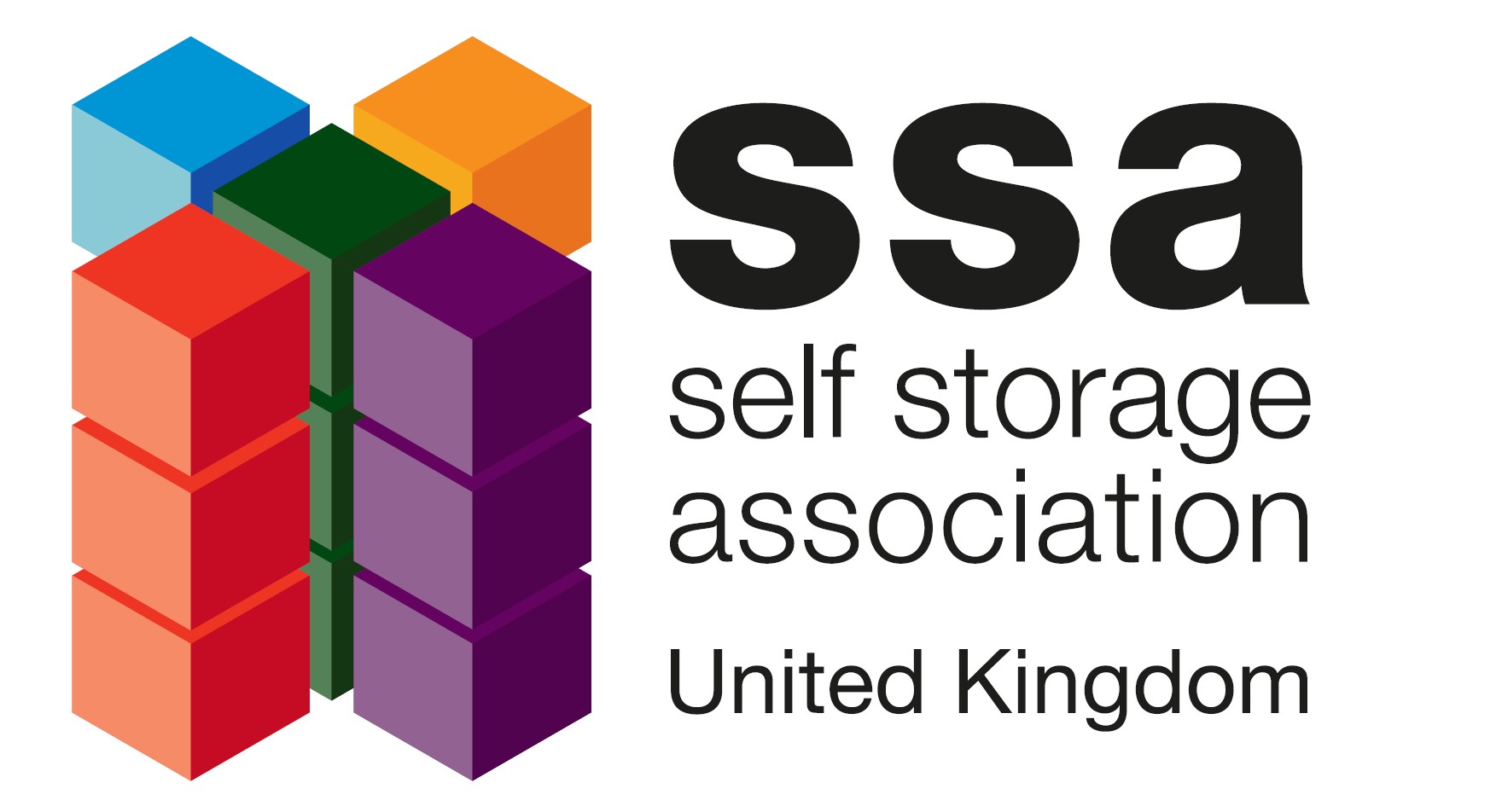Exploring the future of Self-Storage
The Young Storage Network (YSN) is made up of under 40’s, representing the Millennial and Gen Z groups. These emerging leaders are the voices of our industry’s next generation and will be critical in shaping its future.
To gain insight into their thoughts on the current state of self storage and their predictions for its future, we interviewed two YSN members.
Gen Z
Shannon Smith, Customer Service and Sales Advisor, Jennings Containers & Storage
Jennings have been providing storage services to Oxfordshire since 1993. With 800 containers on site, they continue to grow year-on-year with plans for further expansion.
Millennial
Mark Drummond, Managing Director, Now Storage
Now Storage have 16 locations across England and Wales, with a combined 350,000 sqft of storage space and 2 more locations opening in 2025.
How do you think people in your generation perceive self-storage? Is it seen as a practical necessity, a luxury, or something else entirely?
Shannon: Self-storage is viewed more as a practical, flexible solution rather than a luxury. It provides a way to navigate urban living, frequent life changes, and the desire for a less cluttered, more organised space. While it is not always a necessity for everyone, it is often seen as an essential service that makes life easier, especially during times of transition.
Mark: As a millennial, I think self-storage is perceived differently depending on circumstances. With the rising cost of living, for many in our generation, it can feel more like a luxury. That said, we have plenty of millennial business owners and during certain life events, it can be seen as a necessity.
What role do you think technology—such as mobile apps, automated check-ins, and virtual tours—plays in making self-storage more appealing or accessible to younger generations?
Shannon: Technology plays a crucial role in making self-storage more appealing and accessible to younger generations, particularly Gen Z, who value convenience, efficiency, and seamless digital experiences.
Mark: Younger customers are naturally more comfortable with technology, so as we review our tech stack, it is essential to always prioritise the customer experience. If the technology also benefits our operations, that’s a bonus, but it should never compromise service quality.
For example, last year we successfully moved in 3,000 customers without meeting them in person, yet our reviews consistently highlight our strong customer service. The question is, have we automated too much? I believe in striking the right balance—people are at the heart of our business. While we are introducing staff into a previously unmanned 50,000sqft facility, it's because human interaction still matters. Customers connect with people, not just systems, and I want my team to maintain that personal touch.
If you had to predict, what do you think the self-storage industry will look like in 10 years? Are there any innovations or trends you believe will redefine it?
Shannon: I believe the self-storage industry will undergo significant changes, driven by evolving consumer preferences, technological advancements, and a growing emphasis on sustainability.
Mark: I don't want to see price aggregators gaining a foothold in our industry! One of our key strengths is that independent businesses can stand strong against larger, listed companies. In 10 years, I hope customers have a better understanding of the product and service, and are choosing storage based on quality and value, not just price.
Do you think Millennials and Gen Z view self-storage differently from older generations like Baby Boomers? If so, what drives this difference—lifestyle, economic factors, or something else?
Shannon: Millennials and Gen Z view self-storage as a more temporary, flexible, and technologically integrated solution driven by lifestyle needs and economic factors, while Baby Boomers may use it in a more traditional, long-term context linked to home ownership and accumulating possessions.
Mark: Compared to older generations, who may have had more stable housing or space, younger generations are more likely to travel and stay in locations for shorter periods of time. This can be due to the increase in remote working and the ease to live and work in other countries around the world. Regular movement means younger people often use self-storage for shorter periods, driven by tighter budgets.
That said, storage is a need that spans all generations. Whether it’s for moving, downsizing, or life transitions, people of all ages find value in having extra space when they need it.
How important is sustainability and eco-consciousness in the self-storage industry to you and your peers? As a customer, would it influence your choice of provider?
Shannon: While practical considerations like price, location, and convenience are still important, sustainability and eco-consciousness could certainly influence the decision-making process for self-storage providers. If two providers are similar in all other aspects, one that demonstrates a clear commitment to environmental responsibility would likely be favoured.
Mark: I’d like to see more recognition for repurposing and recycling old buildings into new spaces across commercial property, as it’s an eco-friendly approach that adds value.
As Gen Z and Millennials become the primary users of self-storage in the coming years, understanding their priorities will be essential.
James Bonny
YSN Board Member
